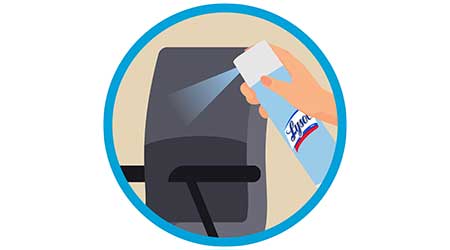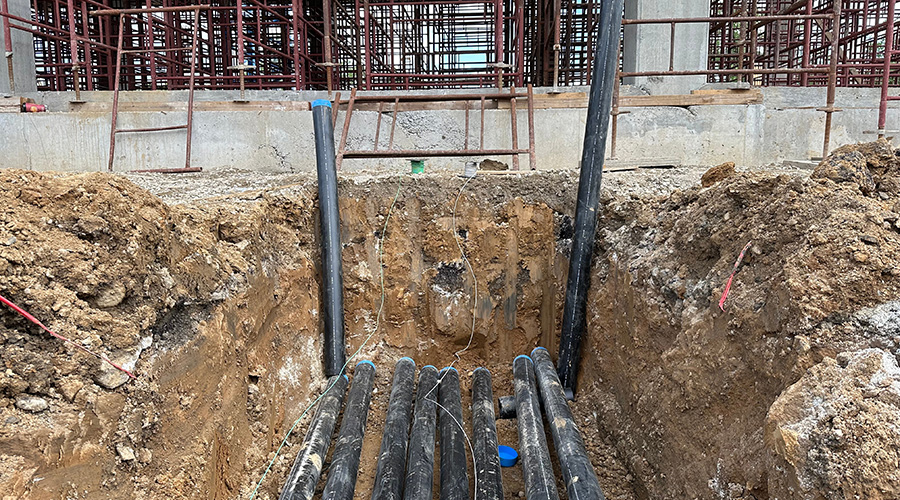SPONSORED
Reckitt's Lysol Pro Solutions. - Branded Feature
Are you Protecting Soft Surfaces as Part of your Facility's Hygiene Program?

By Dr. Lisa Ackerley, Director, Medical and Scientific Engagement, Hygiene, at Reckitt's Lysol Pro Solutions.
When it comes to disinfecting surfaces in business environments to help protect staff and patrons, our minds can jump straight to hard, non-porous surfaces such as desktops, door handles, or elevator buttons. But many soft surfaces can also be germ-harboring hotspots, and should not be neglected as part of a holistic hygiene program.
Fortunately, EPA-approved disinfectant products, such as Lysol® Disinfectant Spray,is effective on soft surfaces such as upholstery and area rugs, and on hard, non-porous surfaces. While a quick glance at the label typically reveals the wording "Use on hard, non-porous surfaces," Lysol® Disinfectant Spray is actually far more versatile than you might think.
Soft surfaces can be tough to disinfect, in part because of the ease with which they enable pathogens to hide. Numerous scientific studies have shown that soft surfaces can be involved in the spread of illness-causing germs in facilities. For example, a 2018 study1 tracked the transfer of microbes on soft surfaces in healthcare environments. The results found that viruses spread to 20%-64% of surfaces in long-term healthcare facilities, and to 13%-41% of surfaces in physicians' offices. Waiting room chairs in both spaces had the highest concentration of bacteria before disinfection. The study concluded that routine application of an EPA-registered product for soft surfaces can help reduce the microbial load and minimize exposure risks.
While this study took place specifically in a healthcare setting, similar soft surfaces can be found in almost every type of business environment, from offices to education facilities.
Equipped with this knowledge, how can facility managers and commercial cleaning service providers ensure their cleaning teams are doing what they can to help prevent the spread of germs via soft surfaces? The answer lies in developing a holistic approach to disinfection that considers all potential germ-harboring hotspots - both hard and soft - and equipping them with the right product for the job. Thankfully there is one versatile product such as Lysol® Disinfectant Spray that can help protect many different surfaces. For soft surface sanitization, such as upholstery and area rugs, cleaning teams simply need to spray until the fabric is wet and leave for 30 seconds and then allow it to sanitize. There is no complicated multi-step process, and no need for any additional products. Lysol® Disinfectant Spray is also effective against mold-related allergens.
With cold and flu season here, many facilities are using the opportunity to reassess their hygiene programs to help provide protection throughout the winter months. When it comes to helping protect your staff and patrons, don't forget to disinfect your soft surfaces.
Learn More Here
1. Tracking and controlling soft surface contamination in health care settings
2. Modeling microbial growth in carpet dust exposed to diurnal variations in relative humidity using the "Time-of-Wetness" framework








